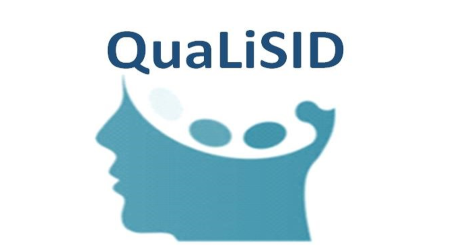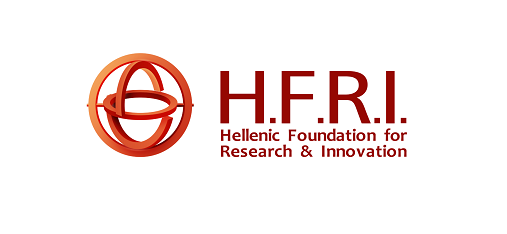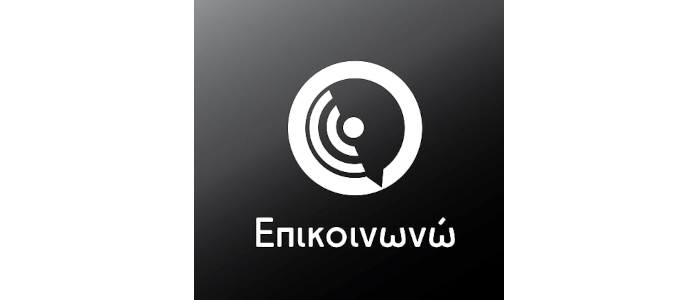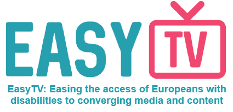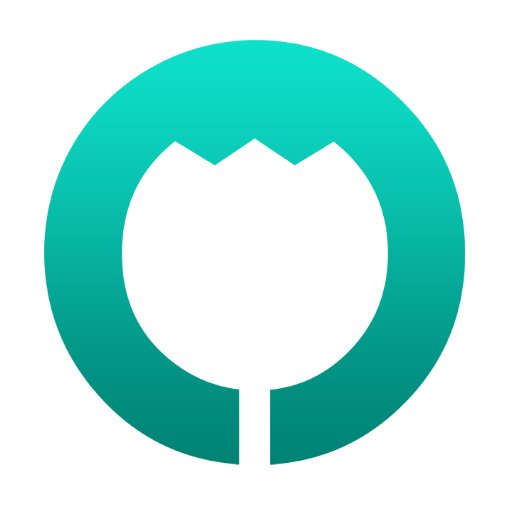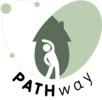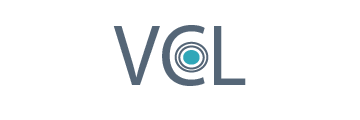ICT services for Life Improvement For the Elderly
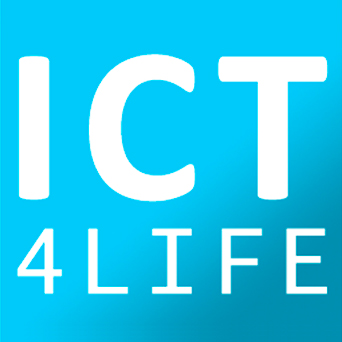
ICT4Life
With an increasingly growing population in Europe, cognitive impairments is a major social and health issue. According to the World Alzheimer Report (WHO) 2014, dementia, including Alzheimer’s disease, remains one of the biggest global public health challenges our generation is facing. People with Dementia, Alzheimer or Parkinson’s disease have a lot of problems to manage alone and require for care. From the caregiver side, relatives are the other victim of the disease. As the impairment increases the families need to dedicate much more time, mental and physical effort. In many cases the carer is the couple who also is an old person with all the associated problems. If this demographic transition is not tackled head-on, it will raise considerable concerns for the financial sustainability of health and care systems.
Over 36 months, ICT4Life will dedicate a large amount in order to develop a solution for individuals with early stage cognitive impairment living alone that will permit doctors and caregivers to extract useful information about patients (for taking the best medical or social actions), while contributing in a user friendly way to extend their independence. People with dementia, in general and, in particular, with Alzheimer at an early stage and with Parkinson, constitute the main group of users ICT4Life will focus its analysis on. The technologies that will constitute the main pillars of ICT4Life are the following:
- Education delivery methods for care professionals. Tools for the automatic creation of reusable resources, i.e. formative training content, etc.
- ICT decision support instruments, incorporating machine intelligence, allowing care professionals to have access to treatment/therapy recommendations according to patients’ profile.
- Advanced visual analytics to monitor personal health status
- Indoors activity recognition through advanced sensing to detect deviations from persons’ daily conduct.
- Game-based learning and adaptation tools to boost patient empowerment and self-care abilities.
- Integration of unobtrusive biomedical sensors for continuous monitoring of the patient health status and compilation data to be processed and generate new medical knowledge
- Design and development of personalised interfaces relying on smart/Connected TV and Android-based/iOS/Windows mobile technologies as interaction mechanism with ICT4Life Teleservices
- Standard codification mechanisms to increase levels of integration of clinical and social data from multiple service providers and user-generated data. Electronic Health/Care Record (EHR)
- Data mining to accomplish data analytics so that new knowledge about co-morbidities, disease evolution and socio demographic parameters will be generated
Other important contributions from the business point of view that ICT4Life will offer:
- Approaches to manage regulatory, security, privacy, liability, confidentiality and interoperability issues (identification, authentication, authorization to access/share health/care records and patient electronic consent)
- Mechanisms to reduce risk and time to market costs for industry
- Flexible approach to service development so as to give answers to multiple scenarios, such as home based personal services, daily care centre services and elder homes services.
- Model business cases to support implementation and scale up






